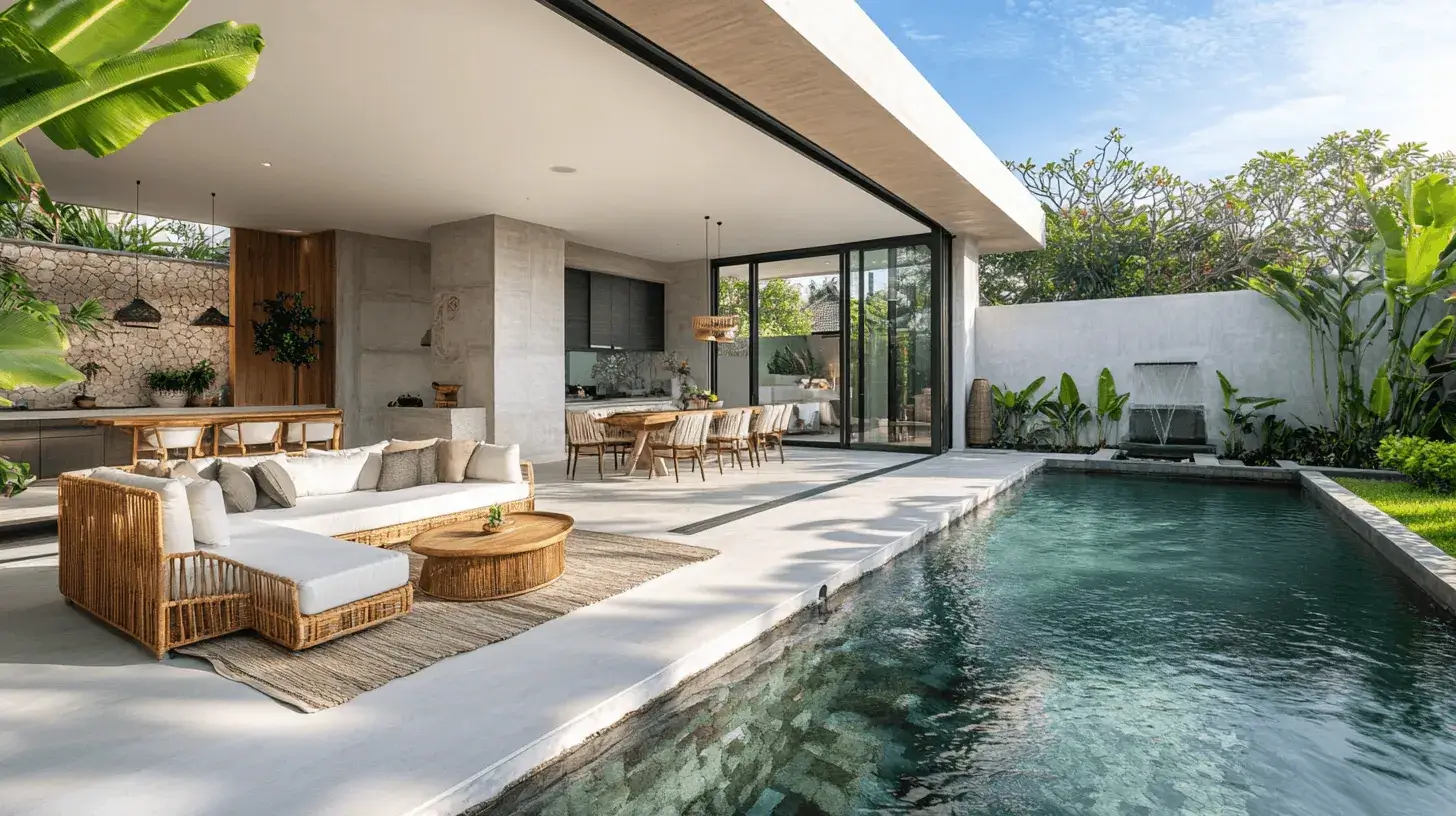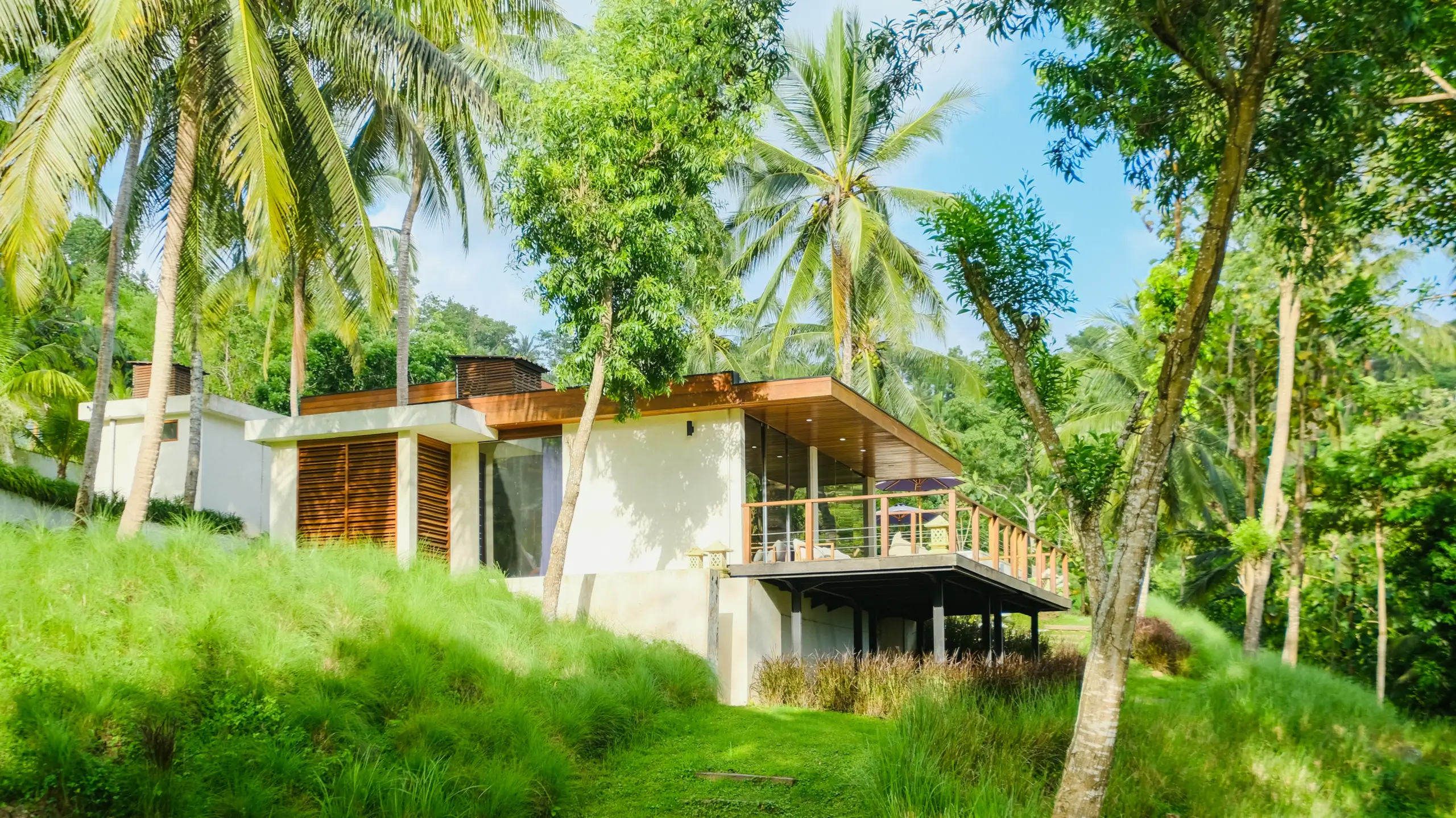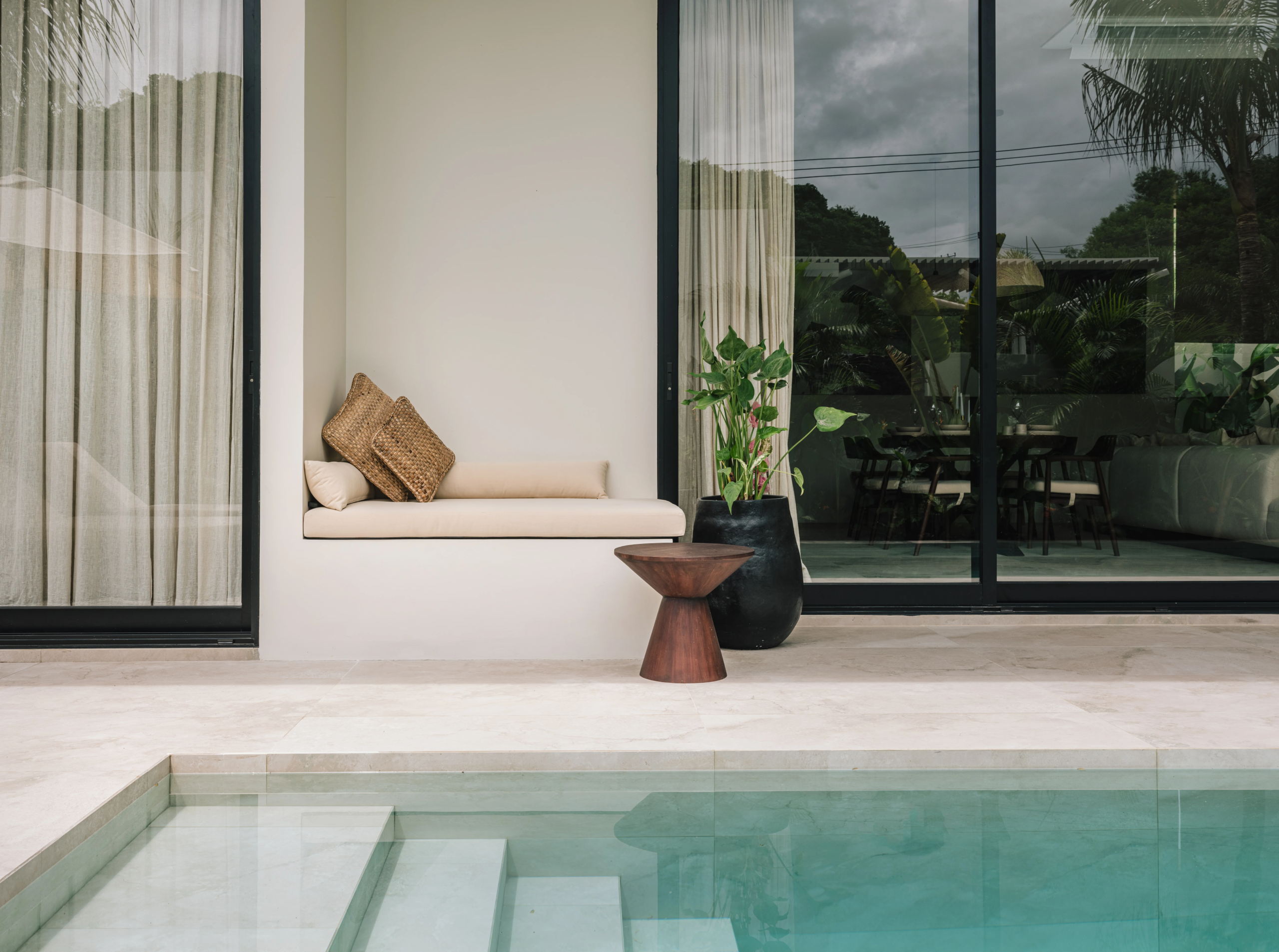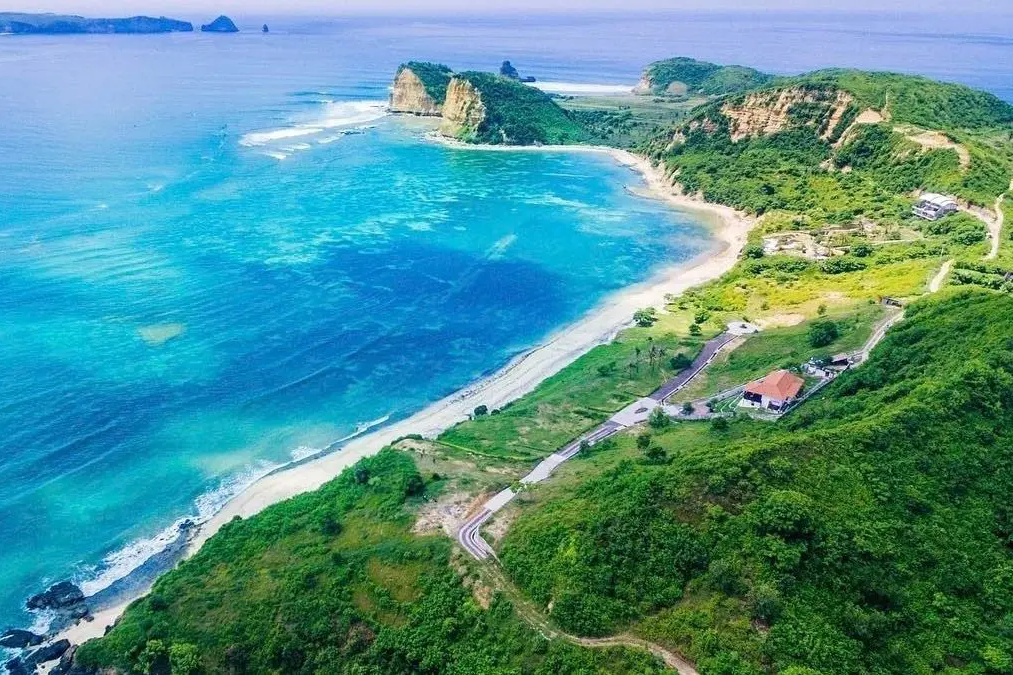Last Updated on September 9, 2024 by Yasmina
Bali is a dream destination for many property investors, with its beautiful beaches, rich culture, and thriving tourism industry. However, before diving into a real estate investment, it’s essential to understand Bali’s land zoning regulations.
Land zoning in Bali determines how land can be used, whether for residential, commercial, agricultural, or tourism purposes, and non-compliance can lead to legal issues. This guide will break down the different types of land zoning in Bali and provide crucial tips for navigating the island’s property market.
Table of Contents
What is Land Zoning?
Land zoning is a system of land-use planning that designates specific areas for different types of development and activities. In Bali, local government authorities enforce zoning regulations to manage growth, protect natural resources, and ensure that development is compatible with surrounding land uses.
In Bali, zoning laws are essential because they help preserve the island’s unique cultural and environmental heritage while balancing the demands of a rapidly growing tourism industry.
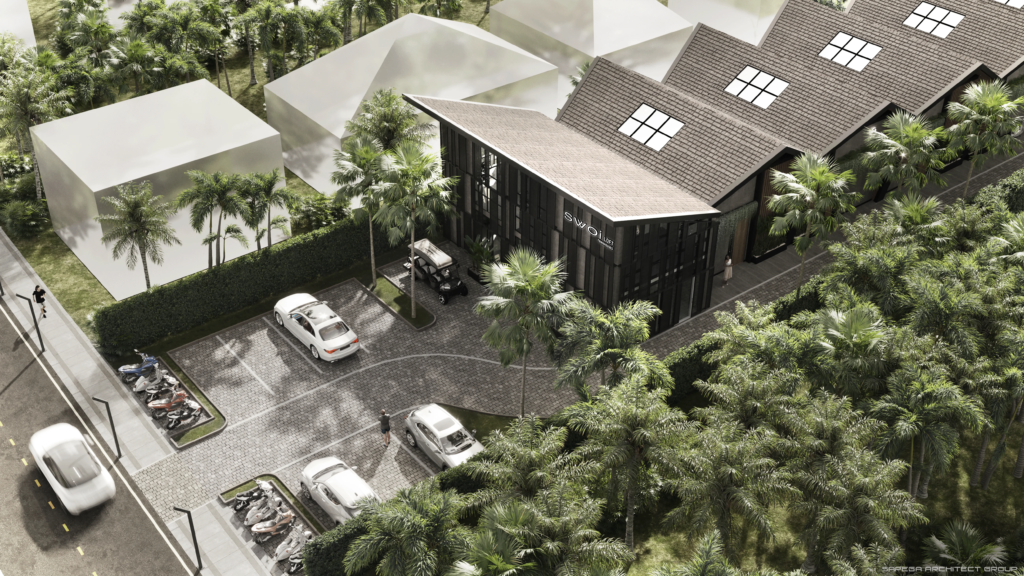
Key Zoning Categories in Bali
Understanding the different land zoning in Bali is critical before purchasing land. Each category has specific regulations regarding what can and cannot be built on the land.
1. Residential Zoning (Perumahan)
- Overview: Residential zones are designated for housing developments, including private homes, villas, and apartment buildings.
- Regulations: Construction must comply with local building codes, including height restrictions and minimum distance from the road (setbacks). In some areas, traditional Balinese architectural elements may be required.
- Who It’s For: Investors looking to build or purchase homes, villas, or apartment complexes for personal use, rental, or resale.
Tips:
- Check if the residential zone allows for the construction of short-term rental properties, as some areas have restrictions on operating vacation rentals like Airbnb.
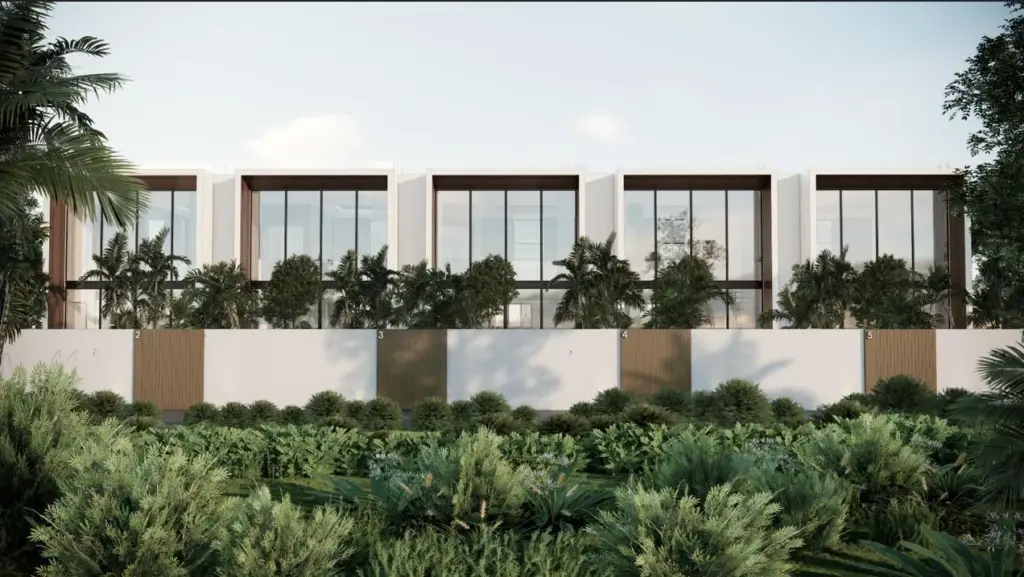
2. Tourism Zoning (Pariwisata)
- Overview: Tourism zones are designated for businesses related to tourism, such as hotels, resorts, restaurants, and recreational facilities.
- Regulations: These areas often have more flexible building regulations to accommodate more significant developments. However, environmental and cultural impact assessments are usually required before construction.
- Who It’s For: Entrepreneurs and investors interested in developing tourism-related businesses, such as resorts, hotels, or restaurants.
Tips:
- Make sure to obtain the necessary permits, including environmental and cultural impact assessments, as tourism developments are closely regulated to protect Bali’s natural and cultural heritage.
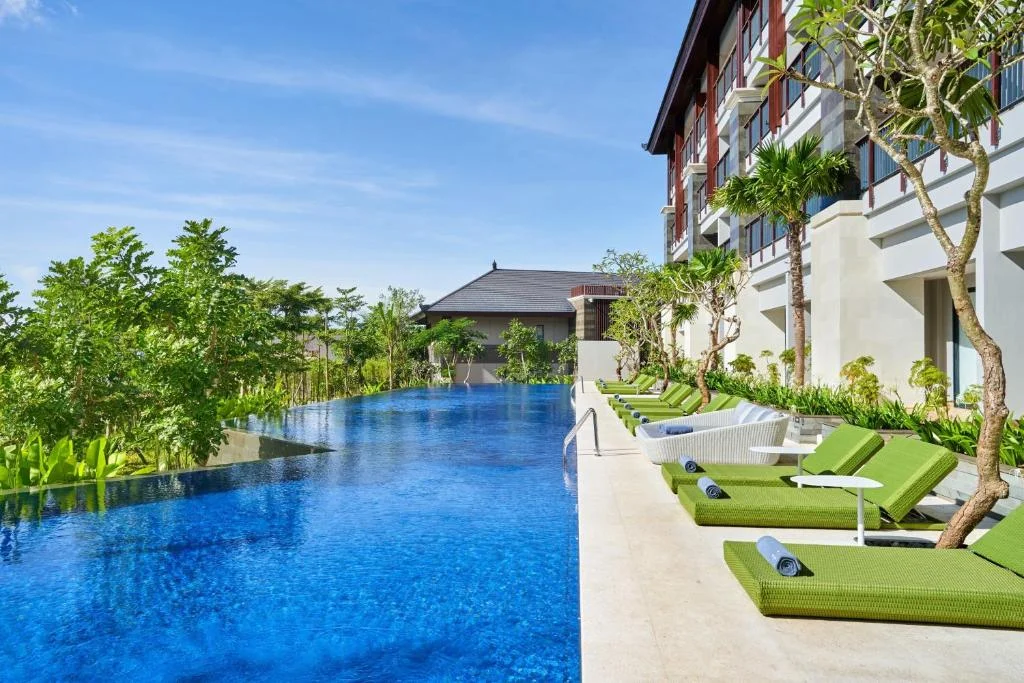
3. Agricultural Zoning (Pertanian)
- Overview: Agricultural zones are designated for farming and related activities. These areas are protected to preserve Bali’s agricultural heritage, particularly its iconic rice paddies (sawah).
- Regulations: Building on agricultural land is heavily restricted. Converting agricultural land to another use (rezoning) requires government approval, which can be challenging to obtain.
- Who It’s For: Those interested in farming or agro-tourism ventures. Rezoning agricultural land for residential or commercial use is difficult and often not recommended.
Tips:
- If you’re considering buying agricultural land with the intention of converting it for development, consult a local legal expert to assess the feasibility and potential costs involved.
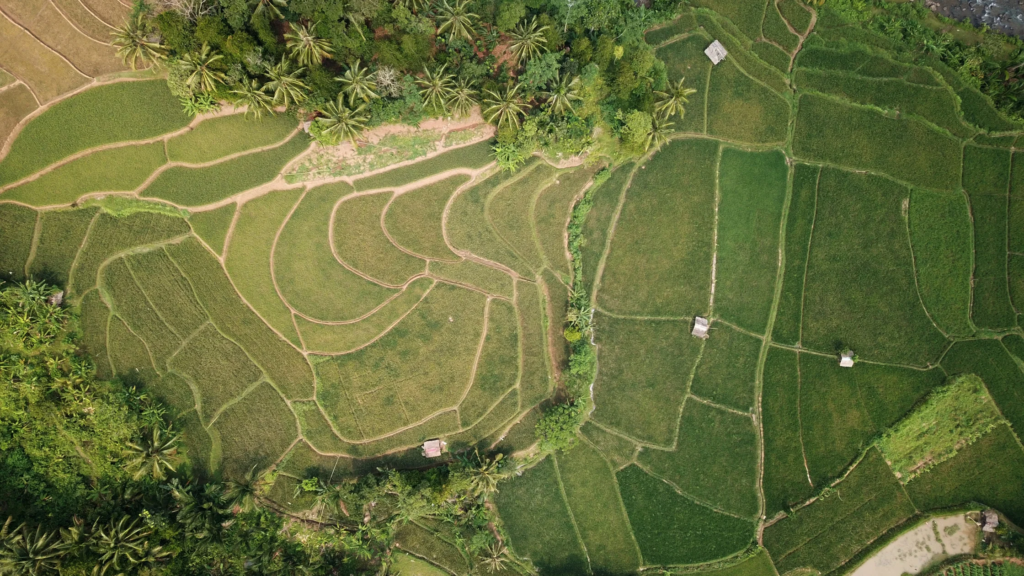
4. Green Zone (Zona Hijau)
- Overview: Green zones are protected areas where development is prohibited or severely restricted to preserve the natural environment.
- Regulations: No permanent structures are allowed in green zones. These areas include forests, protected coastal areas, and other environmentally sensitive regions.
- Who It’s For: Investors and developers should avoid green zone land unless the intention is to keep the land undeveloped for conservation purposes.
Tips:
- Always verify the land zoning status of the land with local authorities before purchasing, as building on green zone land can lead to legal complications and fines.
5. Commercial Zoning (Perdagangan)
- Overview: Commercial zones are designated for business activities, including retail shops, offices, and other commercial enterprises.
- Regulations: Buildings in commercial zones must comply with local business regulations, including parking requirements, signage rules, and health and safety standards.
- Who It’s For: Investors looking to open shops, offices, or other commercial ventures in Bali’s bustling business districts.
Tips:
- Choose commercial zones in high-traffic areas, such as near tourist attractions or in growing neighborhoods, to maximize foot traffic and business opportunities.
The Importance of Zoning Compliance
Non-compliance with zoning laws can lead to severe consequences, including hefty fines, demolition of unauthorized structures, and even legal disputes. Ensuring that the land you purchase is correctly zoned for your intended use is crucial.
Steps to Ensure Compliance:
- Check Zoning Status: Always verify the zoning status of the land with the local government (Badan Pertanahan Nasional or BPN) before purchasing.
- Consult a Notary: Work with a local notary or legal expert who specializes in property transactions to ensure all legal requirements are met.
- Obtain Necessary Permits: Depending on the zoning, you may need additional permits, such as building permits (IMB), environmental impact assessments (AMDAL), or tourism permits.
Tip:
- Zoning regulations in Bali can change, especially with ongoing development pressures. Stay updated on local zoning laws and consider working with a local real estate agent or consultant who has in-depth knowledge of the area.
Rezoning Land in Bali: Is It Possible?
Rezoning land in Bali, especially from agricultural or green zones to residential or commercial use, is challenging but not impossible. The process involves petitioning the local government, and approval is rarely granted unless the development is in the public interest.
Rezoning Process:
- Submit a Proposal: Work with a local notary or legal expert to submit a proposal to the local government, explaining why the rezoning is necessary.
- Environmental and Cultural Assessments: Be prepared to provide detailed environmental and cultural impact assessments.
- Government Review: The local government will review the proposal and make a decision based on its alignment with regional development plans.
Tip:
- Rezoning is typically more successful in areas with rapid development or in cases where the proposed project benefits the local community. However, the process is time-consuming and may not always result in approval.
Wrapping It Up
Understanding land zoning in Bali is crucial for making informed property investments. Whether you’re looking to build a dream villa, start a tourism business, or invest in agricultural land, ensuring that your land is correctly zoned for your intended use is key to avoiding legal issues down the road. Always consult local experts, verify zoning statuses, and stay updated on any changes in local regulations.
About Nour Estates
We started Nour Estates with a simple idea: to make finding your dream property in Indonesia as easy and enjoyable as a day at the beach. Our team is a mix of local folks and people from around the world who fell in love with Indonesia just like you. We’ve been in your shoes, faced the challenges of buying land here, and learned all the ins and outs. Now, we’re here to share that knowledge with you.
We are here to find you the perfect property to invest in. Contact us today, and let’s start this exciting journey together!

